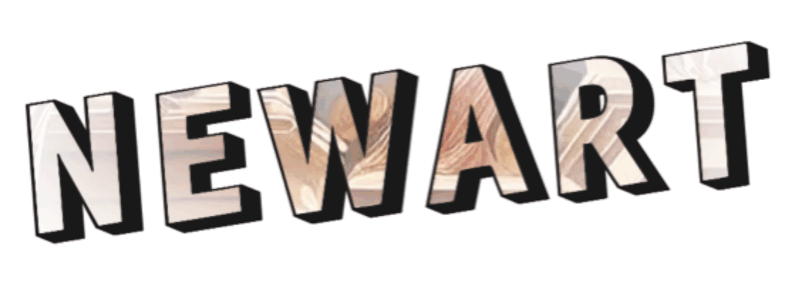New Art, Same as the Old Art
Note: This is a repost of our opening salvo for new subscribers (welcome!)
In 1839 Louis Daguerre wrote to a friend, describing a breakthrough: “I have captured light and arrested its flight. The sun itself shall draw my pictures”. Two centuries ago this would have sounded like delusions of a false messiah, convinced they had powers of deity.
Yet, when Daguerre revealed his invention to the world - photography - serious comparisons to prometheus would suddenly be unavoidable. Nadar would later recall its reception:
“This new discovery was so brilliant, so utterly unforeseen, so far beyond anything imaginable, it destabilized all that was known and believed.”
There were few reference points to process the advent of painterless paintings; no horseless carriages, or operator-less elevators, no music without musicians or messages without messengers (telegrams.) It was a moment so strange, so abstract, so without analogy or comparison as to be unimaginable to anyone born this century - utterly impossible to comprehend.
Until now.
Almost two centuries later something new and "far beyond anything imaginable" has again emerged. Something brilliant and unforeseen, something that is destabilizing all that we knew and believed.
AI image generation.
The awe we feel when a moment of imagination manifests on screen. Is the awe our great-great grandparents felt when a moment in time and space, manifested on a metal plate. The same disorienting wonder a magician elicits when breaking the rules of reality you thought you knew, only without the sobering realization it was an illusion.
We're there again. Enamored again. Fascinated, excited and scared again - of a new power, from a new prometheus - given to us: mere mortals.
Some artists who rightly earned their monopoly on magic - suddenly feel scared, angry and vulnerable. Others embrace these new tools, to break once unbreakable rules, to produce art once impossible to create.
Unlike then, we have the benefit of hindsight. We have run this simulation before. History doesn’t repeat, but it rhymes, because human psychology stays the same. It is different this time - because technology is a change agent - but it’s also similar.
It is within these familiar rhythms of history and human behaviour that we hope to better understand this moment and the future.
Latest articles:





